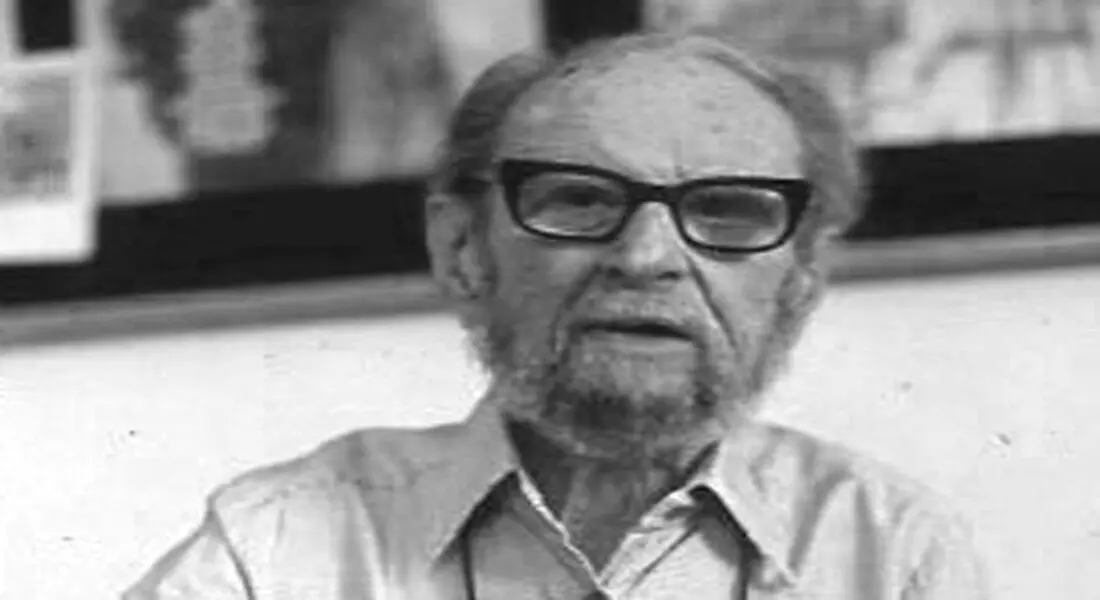Forgotten Heroes
A.F.S. Talyarkhan: The voice of Indian cricket who pioneered today's commentary
Many voices have made their mark in Indian cricket commentary, but the voice that is distinctly remembered even today is of A.F.S. Talyarkhan, the radio commentator who graced Indian cricket in the mid 20th century

The pre-independence period for India was one that witnessed a surge in growth across different fields and sectors. One of these fields was sports which saw an incredible rise in participation, maiden accolades being won and a general push towards honing talent in different games. Along with on-field medals and trophies being pursued, efforts had already begun to make audience involvement in sports more fun. The All Indian Radio was the link between sports fans and their heroes right from the early 20th century till the late 90s. The source of audience involvement during this period was the radio and it gave rise to many famous voices that were known across the country.
One of these pioneers was Ardeshir Furdorji Sohrabji "Bobby" Talyarkhan also referred to famously as A.F.S Talyarkhan. He is regarded as India's first radio cricket commentator and had an interesting career behind the microphone.
To give some perspective, what Harsha Bhogle is to modern-day cricket fans watching on TV, AFS Talyarkhan was to old-timers who grew up listening to cricket on the radio. While Harsha Bhogle has captivated scores of Indian cricket fans with his fantastic knowledge and use of English, it was AFS Talyarkhan who set the ball rolling for Indian commentators to carry forward.
Born in 1897, AFS Talyarkhan took up commentating for All India Radio post its establishment in the 1930's. Talyarkhan's first-ever commentary match was in 1934 between a Parsi community team and a rival Muslim team at the famous Esplanade Maidan which hosted the famous Quadrangular tournament. The Quadrangular was a famous 4 team tournament that had evolved to be a premier ticket tournament in India with the participating teams being Europeans, Hindus, Parsis and Muslims. Talyarkhan was commentating on behalf of All India Radio, which was heard virtually all across the country by scores of people. For the next 3 decades, Talyarkhan lent his voice to numerous cricket games all over the country with radio listeners eventually associating the radio commentary with the notable voice.
Tireless Commentating
One of the standout features of Talyarkhan was that he commentated all day without rest. Apart from the usual meal breaks where no on-field action took place, he would be sitting behind the mic all day and narrating events of the game. As described by Ram Guha in his book A Corner of a Foreign Field, "His self-control was superhuman, for he would speak without interruptions (except for lunch and tea)." Other cricket commentators described Talyarkhan as "firm, full of life, filled with the scent of playing fields".
Going Solo
Another feature of his was that Talyarkhan never commentated with others in his commentary box. He always did the entire match solo and preferred to keep it that way. This was such an important part of his job that he even rejected an extension of his career with All India Radio in 1948 during the India vs. West Indies match series. This was because AIR proposed a 3 man commentary team which was completely against Talyarkhan's usual form.
While commentary has advanced significantly to what we hear today, there was a time when every word said about a match brought joy to a sports fan listening to the radio. Especially with cricket, the radio was the source of joy and heartbreak was cricket fans who would wait all day for the match result and updates. AFS Talyarkhan's legacy has gone a long way in cementing cricket commentary as we know it today. The standards required attentiveness and passion were all his brainchild in cricket commentary and this has duly been carried on well into the 21st century.
